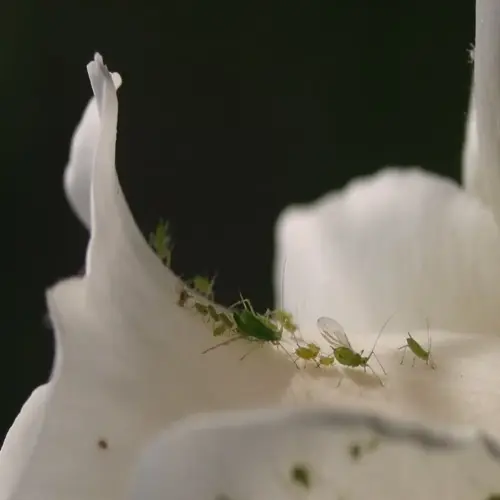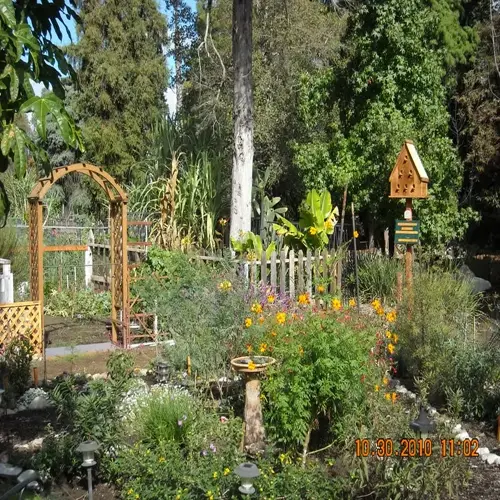Are Epsom salts beneficial?

Written by
Kiana Okafor
Reviewed by
Prof. Samuel Fitzgerald, Ph.D.When used properly, Epsom salts can provide targeted magnesium support for orchids. I had a magnesium-deficient Phalaenopsis with yellow veins, which I rescued by supplementing it with this mineral. Magnesium is a key component of chlorophyll production, which is essential for photosynthesis. However, this product isn't a full substitute for fertilizer and requires more diligence in application.
Benefits & Function
- Magnesium aids chlorophyll synthesis for green leaves
- Sulfates improve nutrient absorption efficiency
- Corrects interveinal yellowing in older foliage
- Enhances phosphorus uptake for root development
Proper Preparation
- Dissolve 1 teaspoon per gallon of water
- Use warm water (70°F) for complete dissolution
- Test solution pH maintaining 5.8-6.2 range
- Always apply to moist roots first
Precautions & Limits
- Never exceed monthly applications
- Avoid during dormancy or temperature extremes
- Discontinue if leaf margins brown
- Combine with calcium sources to prevent imbalance
Use Epsom salt solution as a foliar spray or root drench. Spray under leaves early in the morning, when stomata first open. If applying a root drench, water the plants first, then use the solution. I alternate methods each month, and either way works best for mature orchids. I've seen the best results on mature orchids.
Accurately recognize magnesium deficiency. Look for yellowing occurring between the leaf's veins while the veins remain green. Symptoms are readily identifiable on older leaves, though they may not be noticeable initially. If it is still unclear, consider tissue testing for confirmation. I initially made the error of confusing magnesium deficiency with nitrogen deficiency, which exacerbated the problem.
Incorporate Epsom salts safely into your routine. Use Epsom salts only during active growth from spring to fall. Always use with balanced fertilizers that contain calcium. When Epsom salts and a balanced fertilizer containing calcium are used together, and not during dormancy, I also use crushed eggshell tea to maintain a calcium-magnesium balance (never use during dormancy).
Signs of recovery typically appear within a few weeks. Yellow leaves transition back to green, starting with the veins and moving outward. New growth occurs in a uniform color. Root tips appear as actively growing. My orchids, which were deficient just eight weeks ago, completely recovered in eight weeks, and I have had pleasant blooms with monthly applications.
Read the full article: How to Fertilize Orchids: Ultimate Guide

